Boat Electrical Problems and Solutions: A Guide to Common Issues and What Electrical Products to Buy for Your Boat.
Electrical issues aboard a boat can be some of the most frustrating and potentially dangerous problems to deal with. Whether you're out on the open water or preparing for a weekend adventure, ensuring that your boat's electrical system is functioning properly is critical for both safety and convenience. A boat’s electrical system powers many of its essential components, including lights, navigation systems, bilge pumps, refrigeration, and more. When something goes wrong, it can disrupt your entire boating experience. We will delve into the most common electrical problems boaters face, the solutions to these issues, and the various electrical products you should consider having aboard. All electrical work should be done by a trained professional only for safety.
The Importance of Boat Electrical Systems
A boat’s electrical system is essential for numerous functions, from basic lighting to operating high-powered equipment. It powers your navigation and communication systems, keeps your bilge pumps running, and ensures that your appliances and entertainment systems are functional while on the water. Electrical failures can result in frustrating situations like losing power to your navigation lights or GPS, or worse, leaving you stranded without a working engine or bilge pump.
Boats, especially those used for long trips or extended stays, rely heavily on electricity. In addition to the primary engine battery, many boats also have additional batteries to power accessories, electronics, and other on-board systems. As you’ll see, a variety of issues can arise with these electrical systems, but fortunately, solutions are available with the right tools, maintenance, and electrical products.
Common Boat Electrical Problems and Their Solutions
1. Dead or Weak Battery
Problem: One of the most common electrical problems boaters experience is a dead or weak battery. The battery is the heart of your boat's electrical system, and without it, your engine won't start, lights won’t turn on, and other systems will fail. Over time, boat batteries can lose their charge or degrade, especially if they aren't properly maintained.
Solution: First, ensure that the battery is charged. If the battery is relatively new and just needs a charge, consider using a marine battery charger. If the battery is old or no longer holding a charge, it may need to be replaced. It's always a good idea to keep a spare battery on board, especially for longer trips.
When selecting a battery, consider using a deep-cycle battery, which is specifically designed for boating applications. This type of battery provides a consistent power source, even when discharging heavily. Additionally, it’s advisable to install a battery isolator to ensure that the starter battery and the accessory battery are separate. This prevents the batteries from being drained simultaneously, giving you a backup if one battery fails.
2. Corroded Battery Terminals
Problem: Battery terminals are often exposed to moisture, saltwater, and other environmental factors that can cause corrosion. Corroded terminals can lead to poor electrical connections, which can result in a weak battery charge or no charge at all.
Solution: Inspect your battery terminals regularly for signs of corrosion. If you find any, clean the terminals with a solution of baking soda and water to neutralize the corrosion. After cleaning, ensure that the battery cables are tightly connected to the terminals. Applying a thin layer of petroleum jelly or anti-corrosion spray to the terminals can also help prevent future corrosion.
For long-term protection, you can invest in marine-grade battery terminal connectors designed to resist corrosion. These are typically made of materials like tinned copper or stainless steel, which provide better durability and electrical conductivity.
3. Faulty Wiring
Problem: Wiring issues are common in boats, especially those that are older or have undergone modifications. Over time, wiring can degrade due to wear and tear, exposure to the elements, or poor installation practices. Loose, frayed, or disconnected wires can cause electrical systems to malfunction or fail entirely.
Solution: Regularly inspect your boat’s wiring system for damage. Pay particular attention to areas where wires may be exposed to the elements, such as the battery compartment, engine bay, or through-hull connections. Use marine-grade wire that is specifically designed for the marine environment, which includes insulation that resists UV degradation and water damage.
If you find faulty wiring, replace it promptly. For high-voltage systems or complex wiring issues, it’s recommended to consult with a marine electrician to ensure that everything is properly installed and safe.
4. Blown Fuses
Problem: A blown fuse is one of the most common and easiest-to-fix electrical problems. Fuses protect your boat’s electrical system by breaking the circuit if there’s an overload, preventing more serious damage. If a fuse blows, the device or system it’s connected to will stop working, such as your navigation lights or bilge pump.
Solution: First, identify which fuse is blown and replace it with a new one of the same rating. Make sure you have an adequate supply of spare fuses on board, especially for high-usage systems like the bilge pump or electronics. If a fuse blows repeatedly, it could indicate an underlying electrical problem, such as a short circuit, which should be addressed immediately.
To minimize the risk of blown fuses, use fuse blocks with clear covers to keep fuses organized and protected from moisture or accidental shorting. Marine fuse holders can also provide additional protection from corrosion, ensuring reliable operation of your boat’s electrical system.
5. Short Circuits
Problem: Short circuits can occur when a positive wire comes into contact with a grounded surface, causing excessive current to flow through the system. This can damage electrical components, blow fuses, or even start a fire if not addressed quickly.
Solution: If you suspect a short circuit, first disconnect the power supply and carefully inspect the affected area. Look for any exposed wires or areas where wires may have come loose. You may need to replace the damaged wiring or components.
To prevent short circuits, ensure that all wiring is properly insulated and securely fastened. Marine-grade heat shrink tubing can be used to protect wiring from wear and prevent accidental shorts. Always use marine-grade circuit breakers for added protection.
6. Grounding Issues
Problem: Proper grounding is essential for the safety and functionality of your boat's electrical system. If the boat’s electrical system is not properly grounded, it can cause electrical malfunctions, create electrical interference, or even increase the risk of electrical shock.
Solution: Ensure that your boat's grounding system is properly installed and maintained. The ground wire should be securely connected to the boat’s hull, which acts as the ground. Inspect the grounding points regularly to ensure they are free of corrosion and corrosion resistant.
If you experience electrical issues that could be related to grounding, use a multimeter to check the system's grounding and make sure all connections are secure.
7. Inverter and Charger Problems
Problem: Many boats are equipped with inverters and chargers to convert DC power from batteries to AC power for running appliances or charging devices. These systems are prone to failure if not properly maintained, leading to problems such as appliances not turning on or inadequate battery charging.
Solution: Regularly inspect and test your inverter and charger to ensure they’re operating efficiently. Ensure that connections are tight and that the inverter is of adequate capacity for your boat’s power needs. If the inverter is faulty, replace it with a high-quality marine inverter that matches your boat's energy consumption.
For charging issues, check the batteries and charging system to ensure they are functioning correctly. Consider using a smart charger that can adjust the charging rate based on battery levels, prolonging the life of your batteries.
Types of General Electrical Products for Boating
In addition to addressing the problems mentioned above, it's important to be familiar with various types of general electrical products that can help improve your boat's electrical system. These products not only solve problems but can also enhance the safety, functionality, and efficiency of your boat’s electrical systems.
-
Buy Marine Batteries: Specialized batteries designed for the unique needs of boats. These include starting batteries, deep-cycle batteries for longer power usage, and dual-purpose batteries for both starting and deep-cycling tasks.
-
Buy Battery Isolators: A device that helps separate the power from two batteries, ensuring that one is reserved solely for starting the engine while the other is used to power accessories and electronics.
-
Buy Marine Circuit Breakers and Fuse Blocks: These are essential for protecting the electrical systems from overloads and shorts. High-quality marine-grade breakers and fuses are designed to withstand harsh marine environments.
-
Buy Inverters and Chargers: Inverters convert DC power from the boat’s battery into AC power to run appliances, while chargers ensure that the boat's batteries are fully charged and ready for use.
-
Buy Marine Electrical Connectors: These are designed to withstand corrosion from saltwater and provide a reliable connection for various electrical components on the boat.
-
Buy Voltage Regulators: These devices ensure that the electrical system is properly regulated, preventing overcharging and maintaining the right voltage levels to protect the battery and electronics.
-
Buy Marine Lighting Systems: Adequate lighting is critical for visibility and safety. Boat lighting systems, including navigation, cockpit, and underwater lights, require reliable electrical power to function properly.
In Conclusion
All electrical work should be performed by a trained professional only. Electrical issues are a common concern for boat owners, but with the right knowledge and tools, these problems can often be solved quickly and efficiently. Regular maintenance, proper installation of electrical components, and the use of high-quality marine-grade products can significantly reduce the risk of electrical failures on the water. By addressing common problems like dead batteries, corroded terminals, wiring issues, and faulty inverters, boaters can ensure a safe, functional, and enjoyable boating experience. Investing in the right electrical products and staying on top of maintenance will allow boat owners to avoid unexpected disruptions and enjoy their time on the water with peace of mind. Buy boat electrical products at CycloneSale.com for all your boating electrical supplies today!


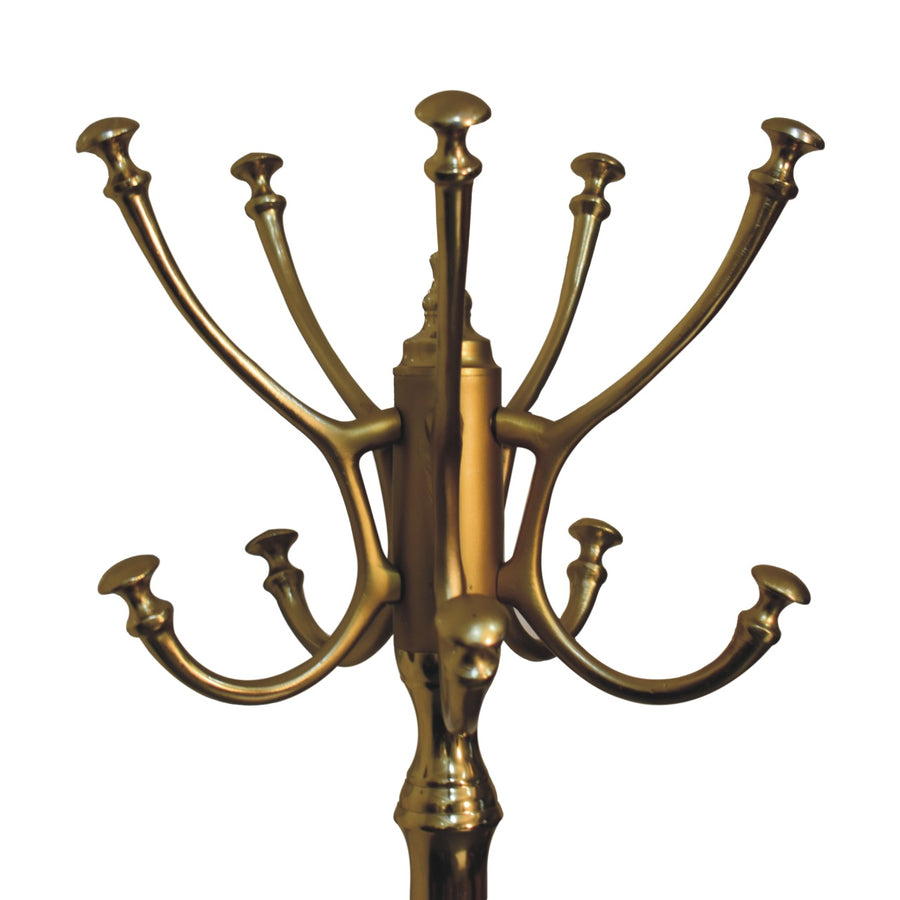
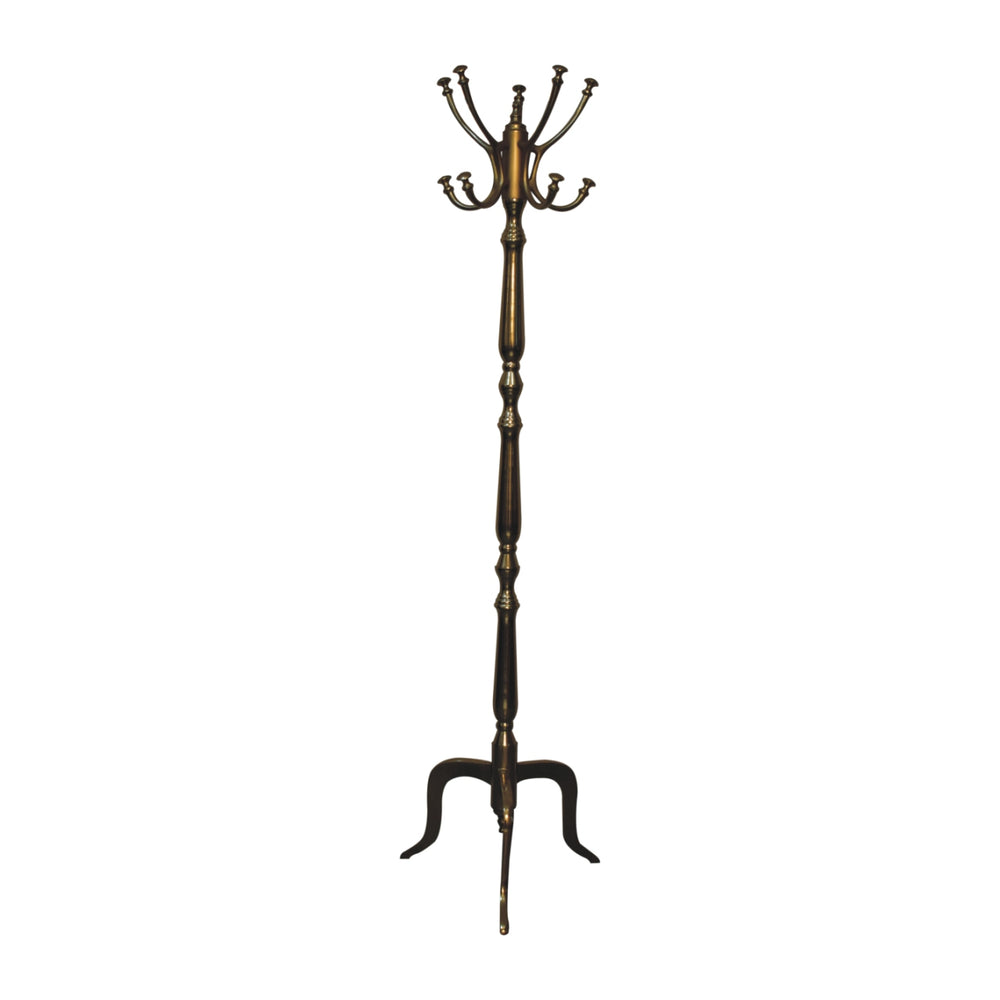
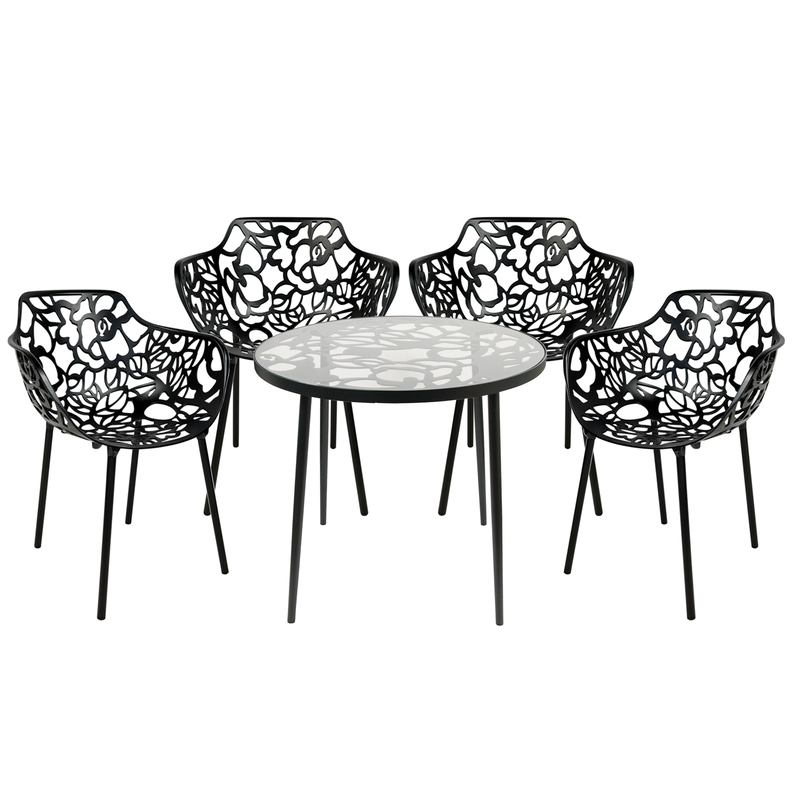
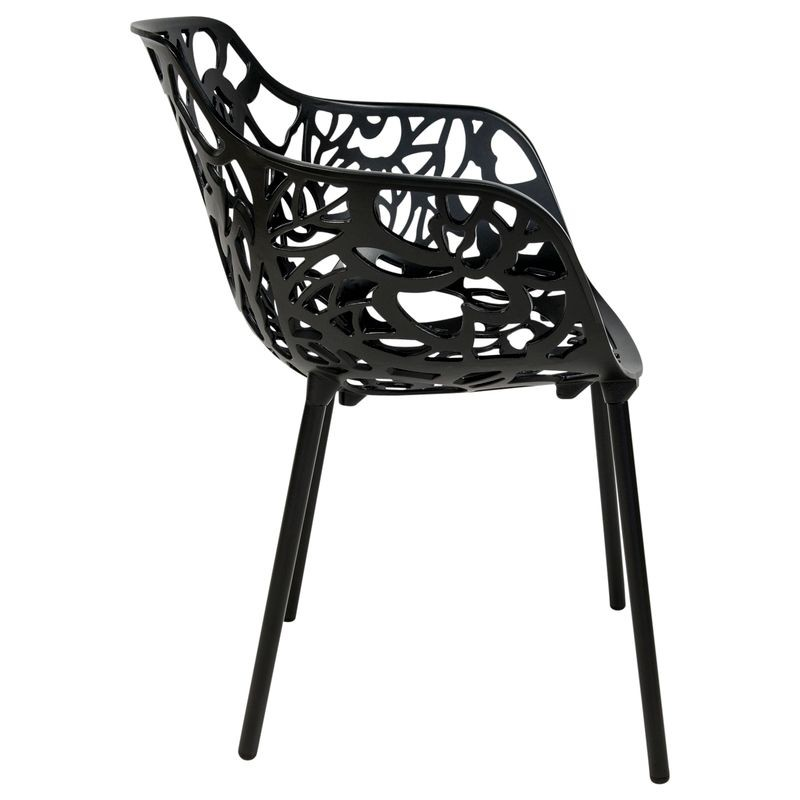
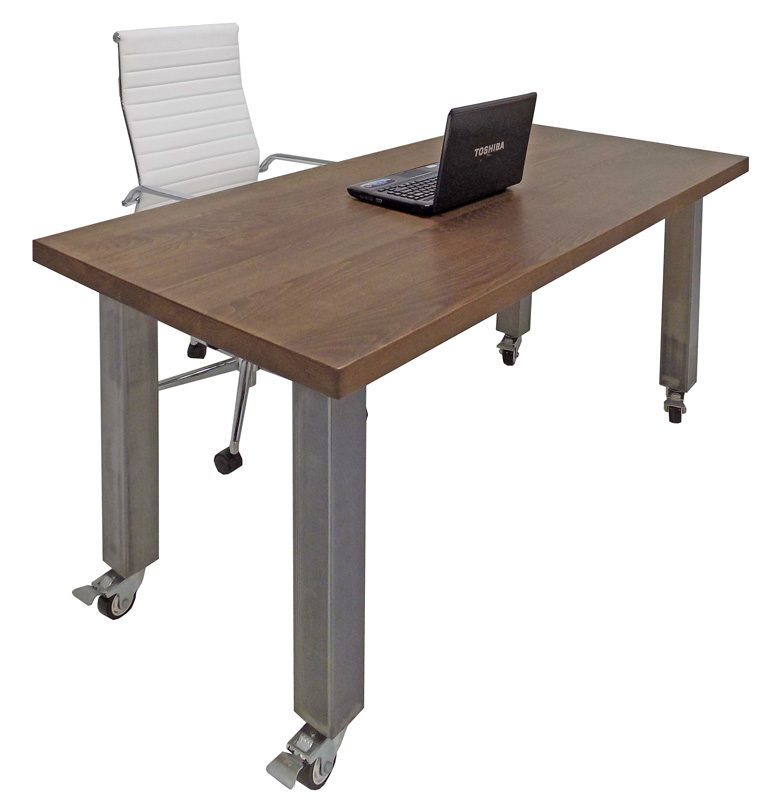
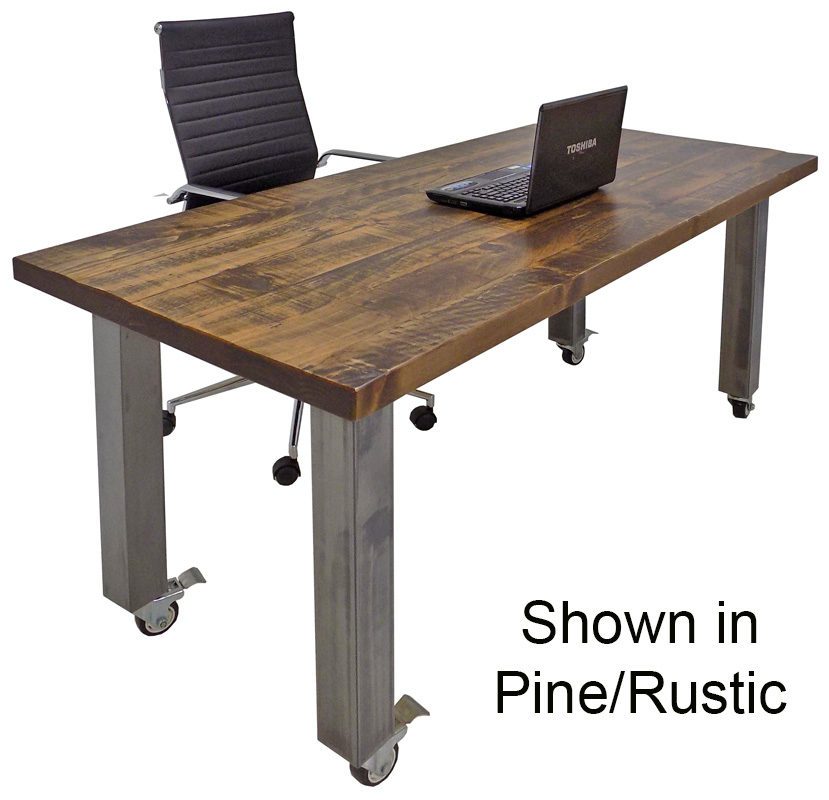



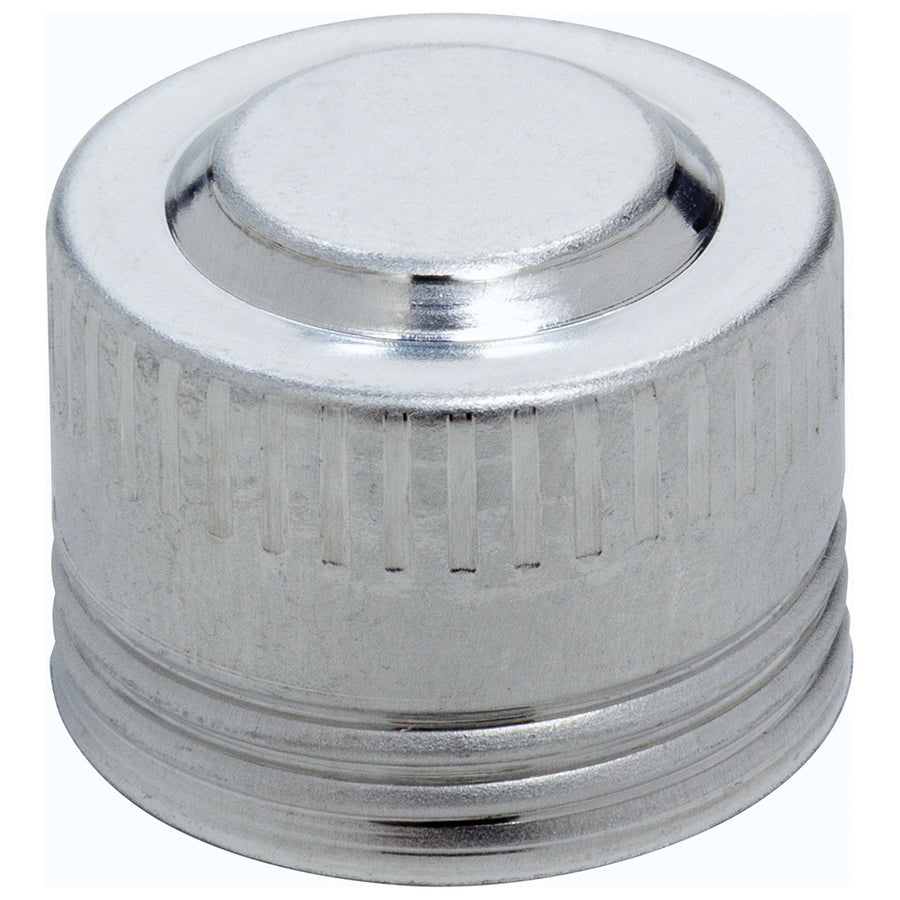


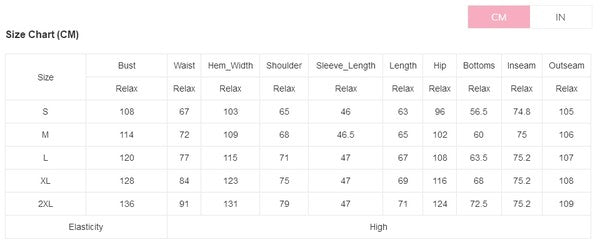














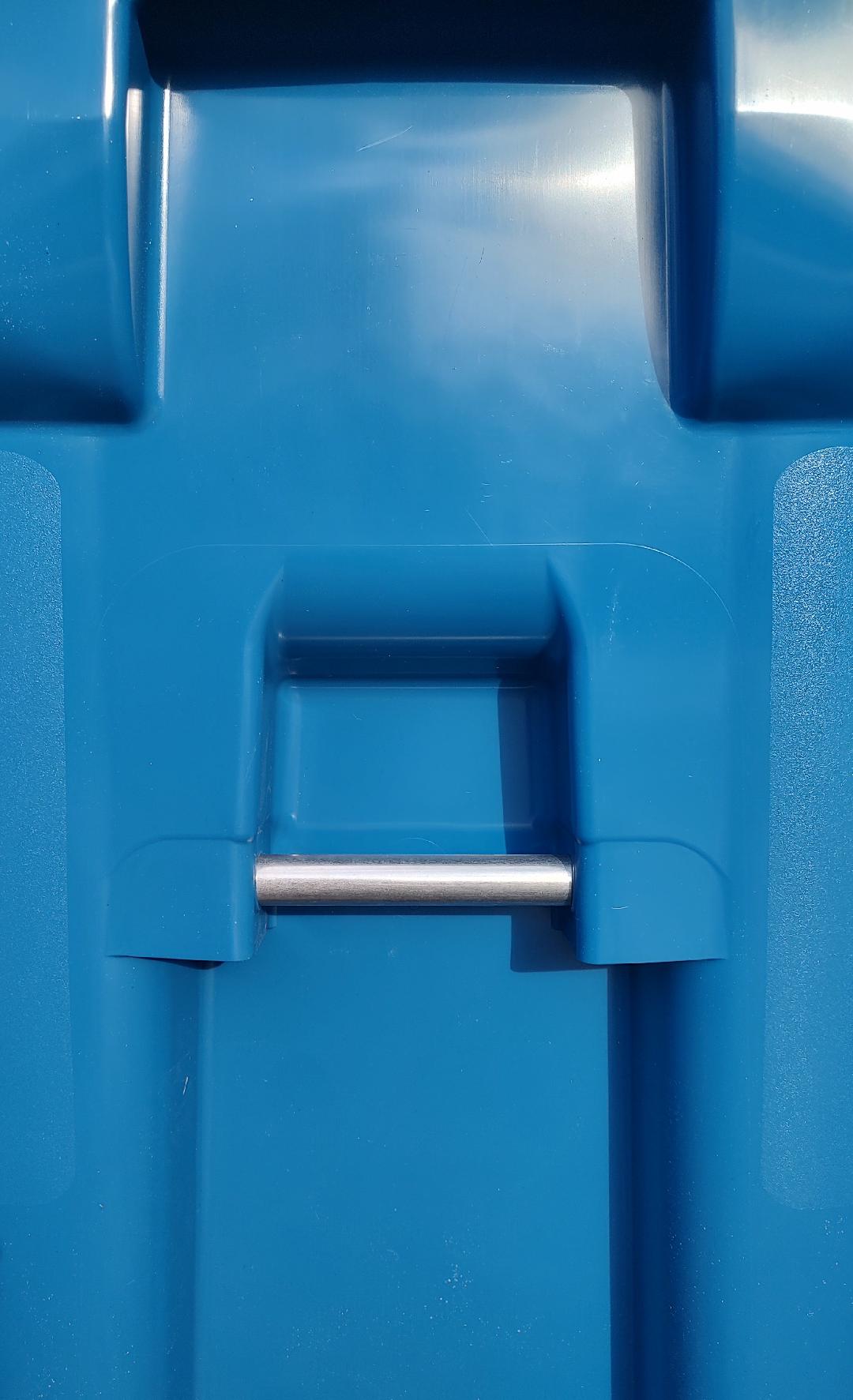

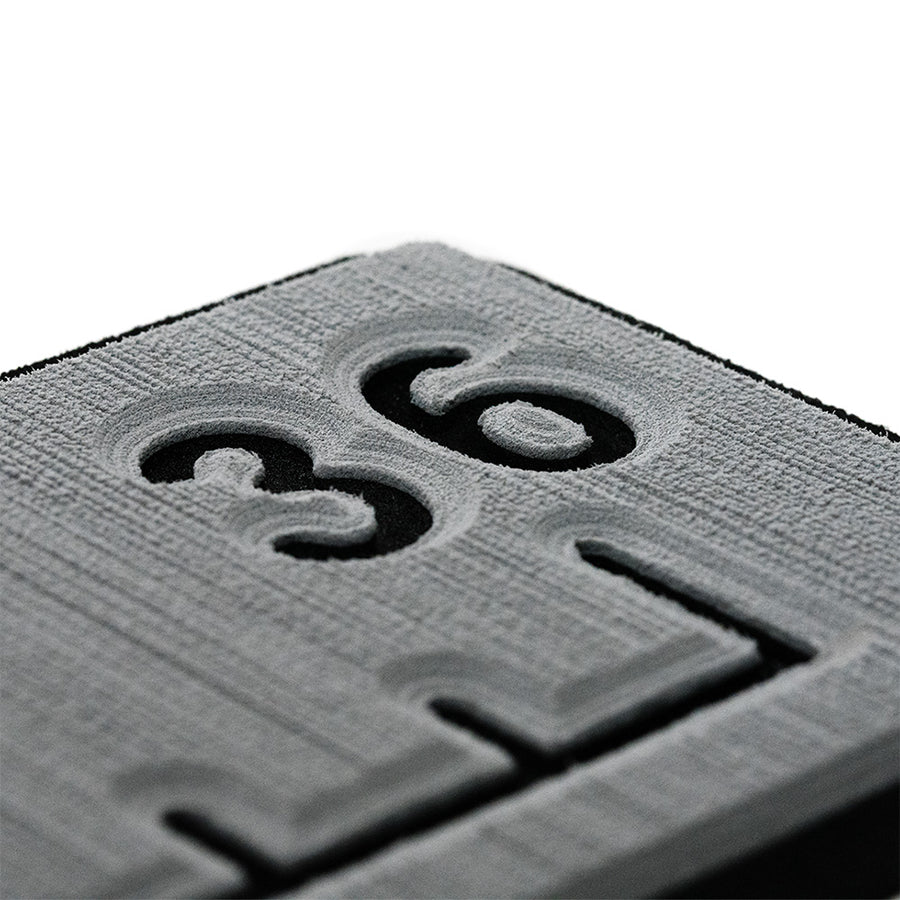
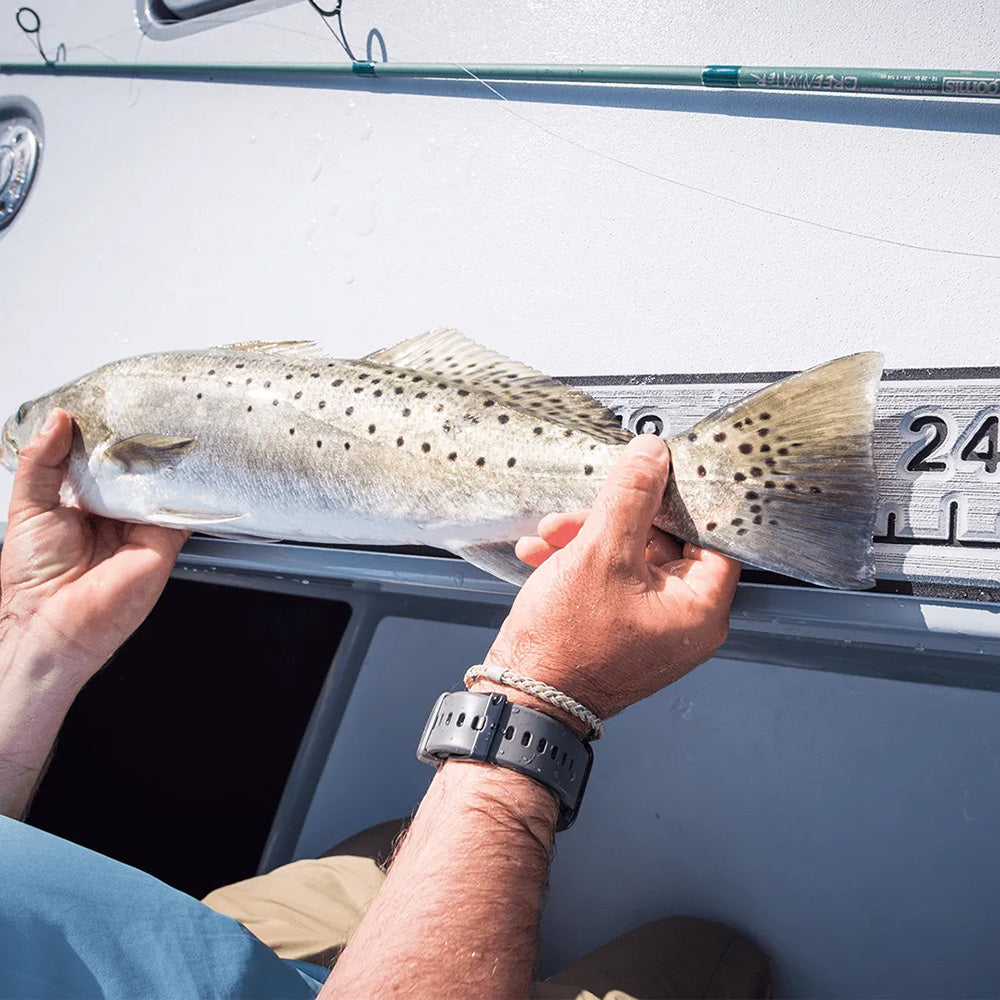
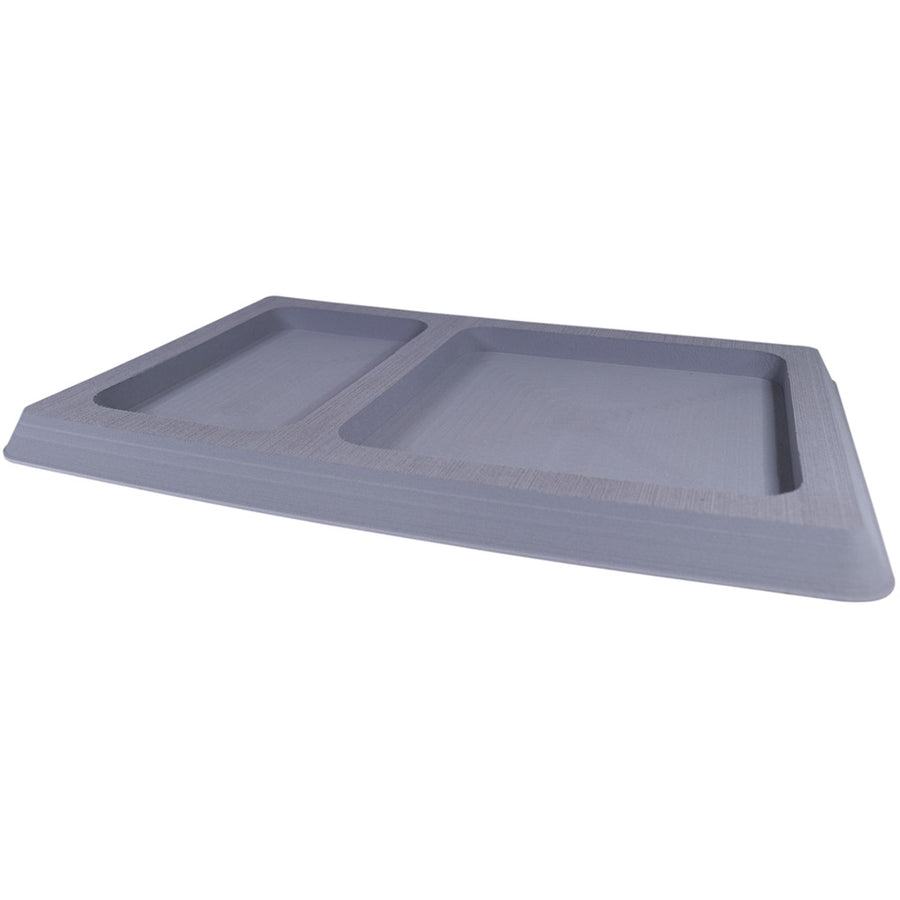
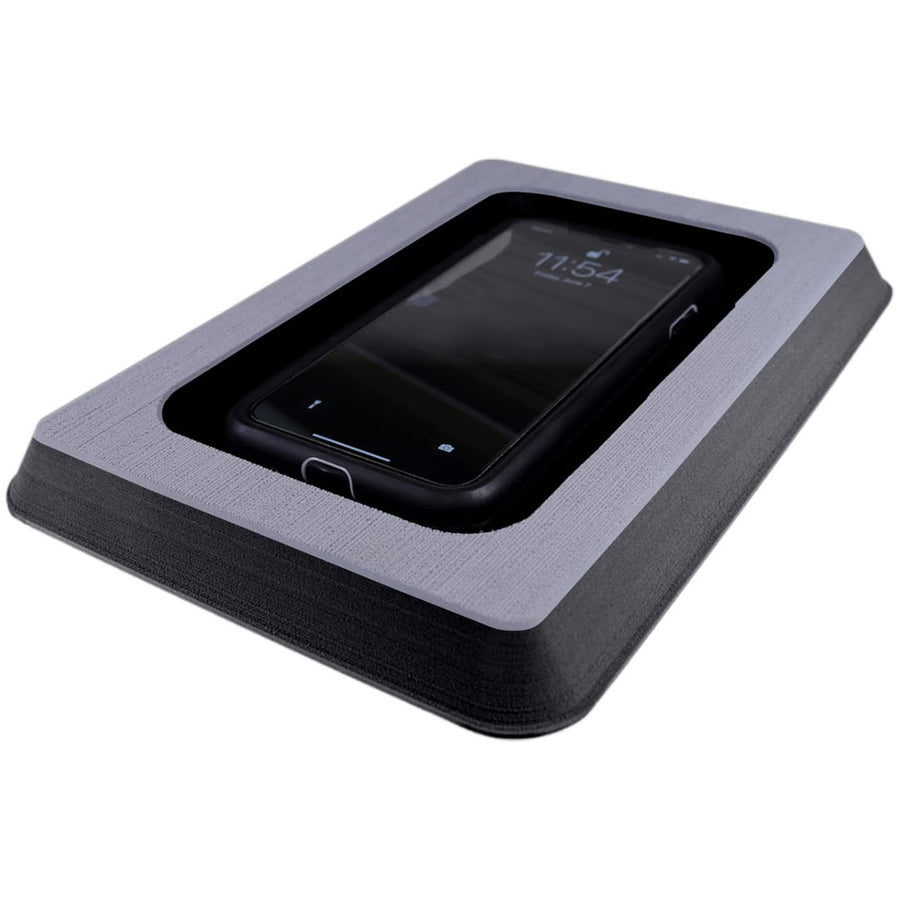
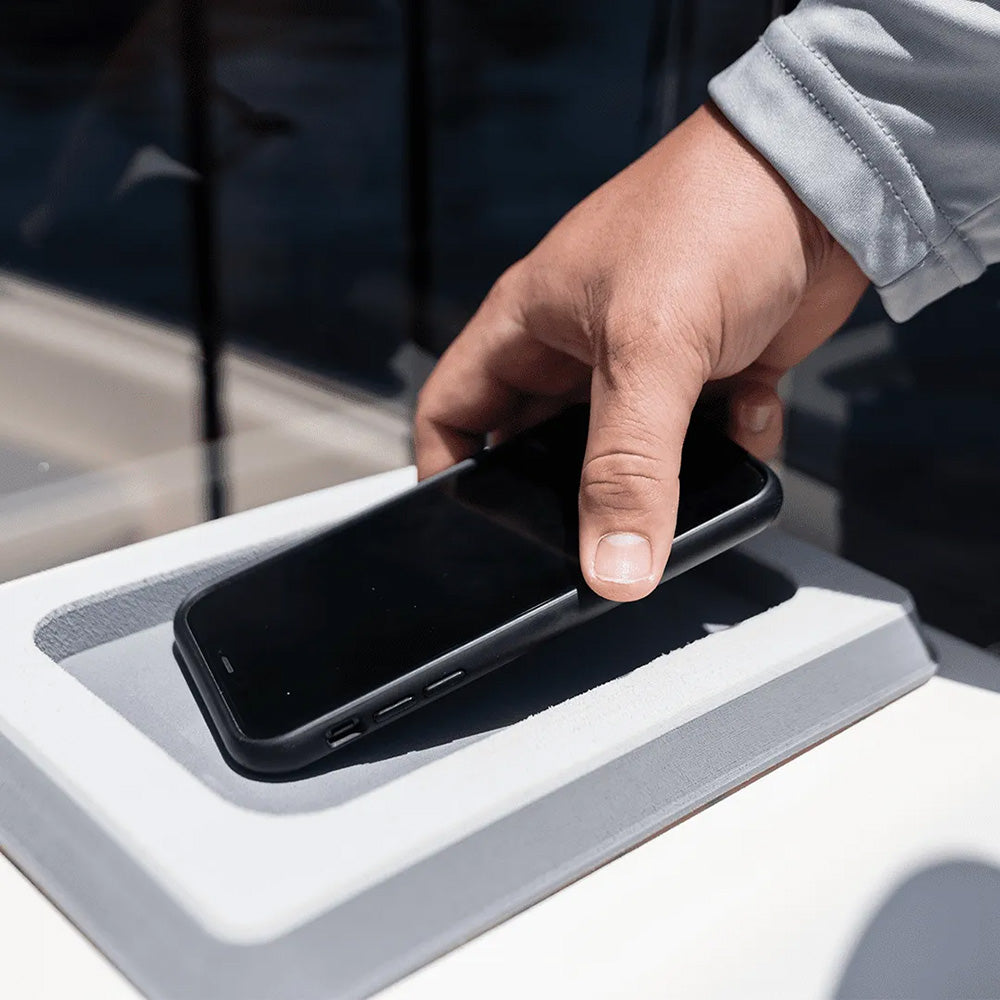
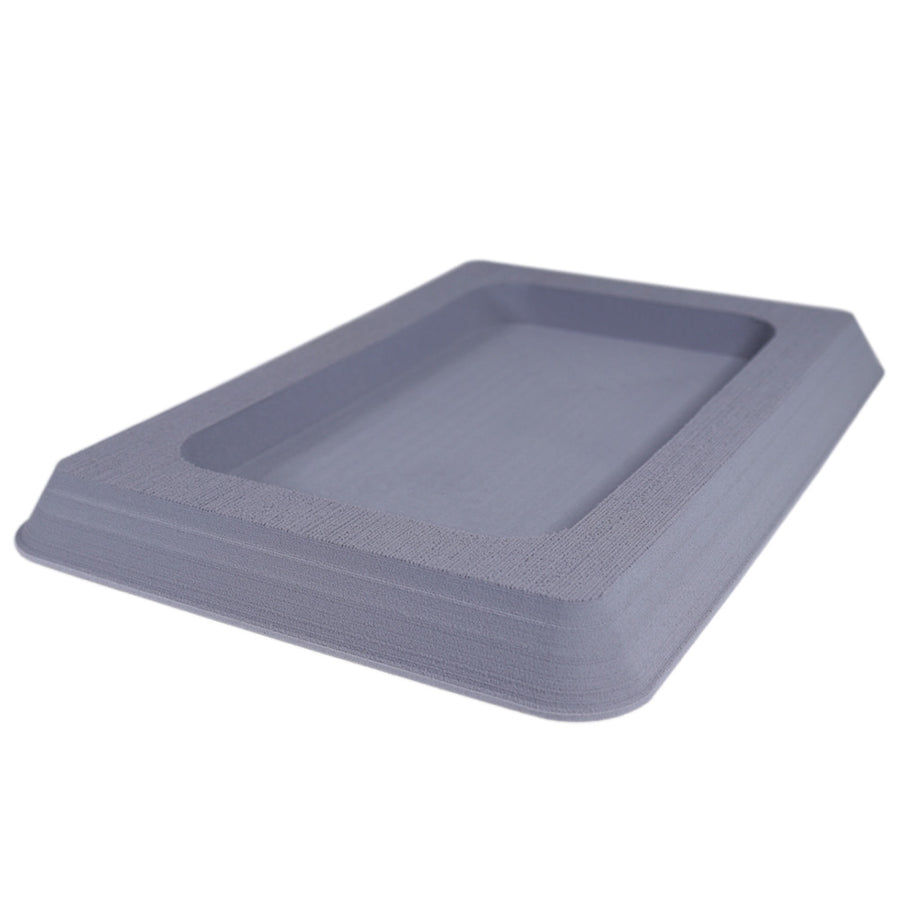
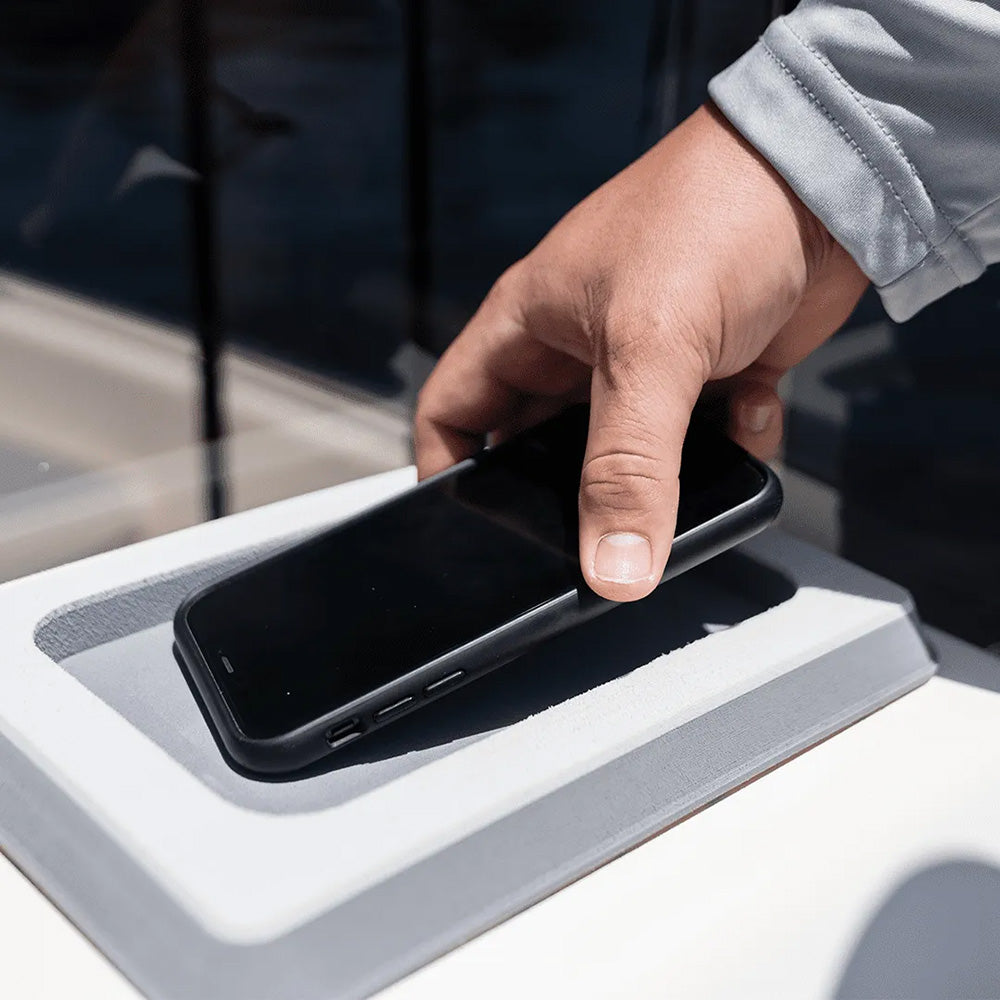
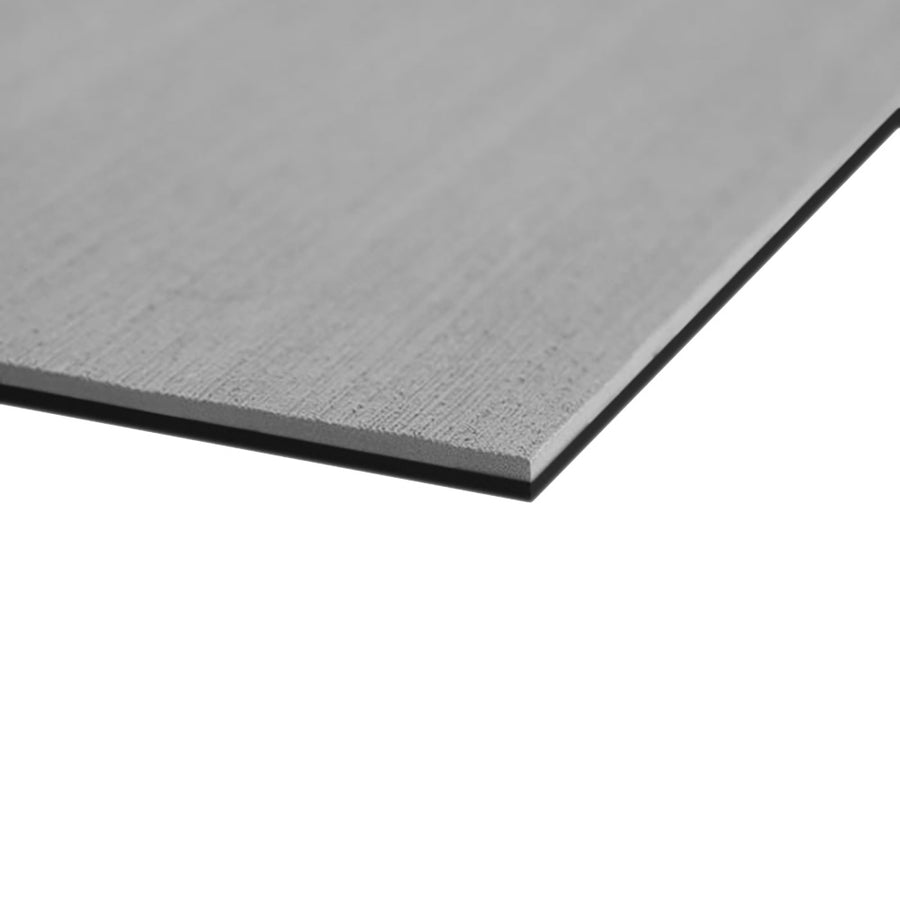
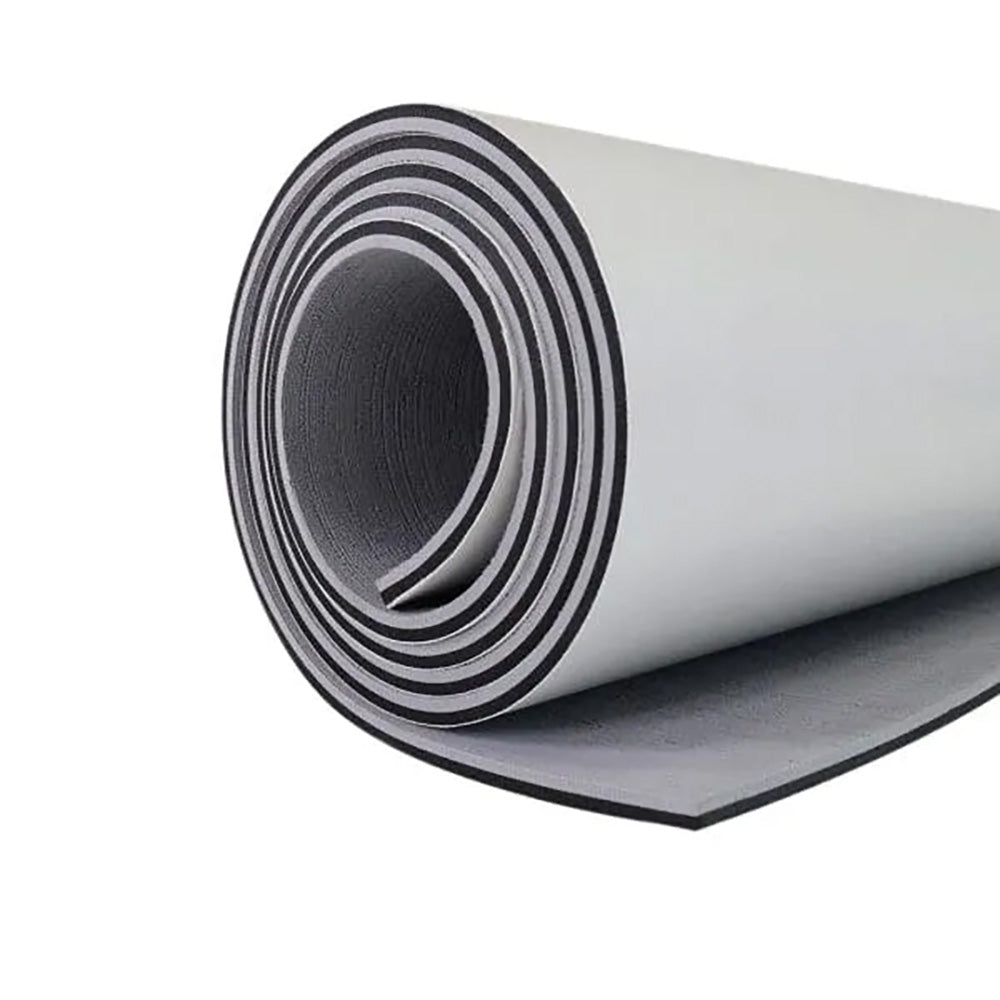
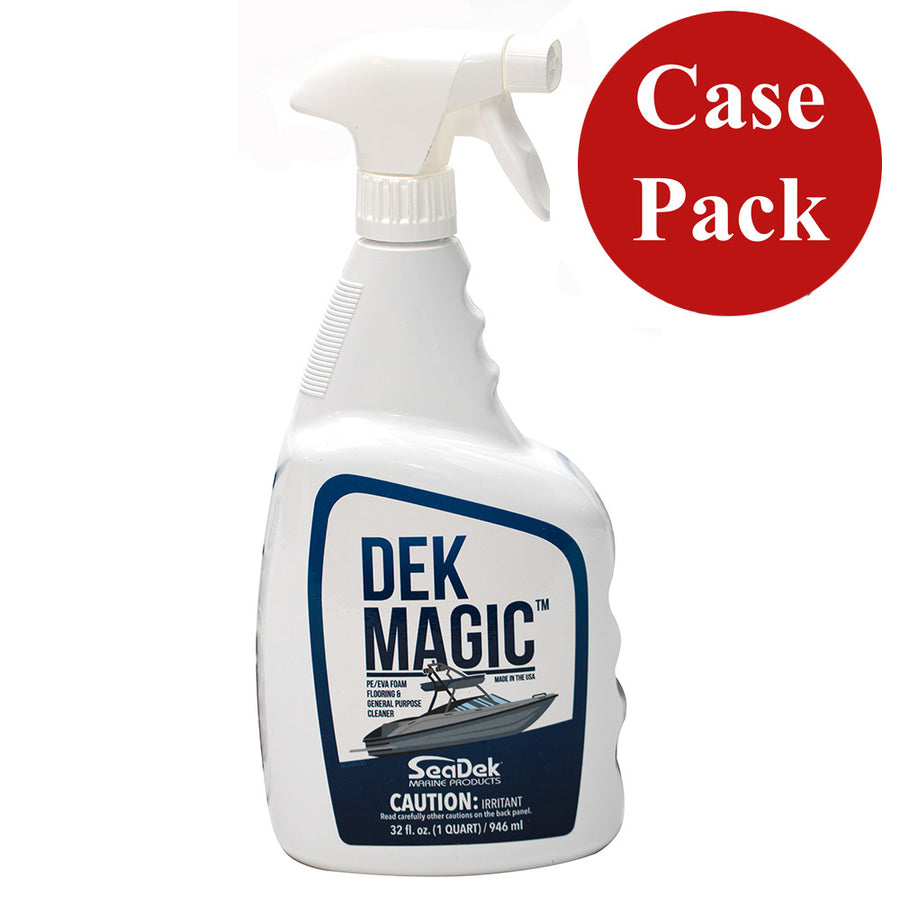
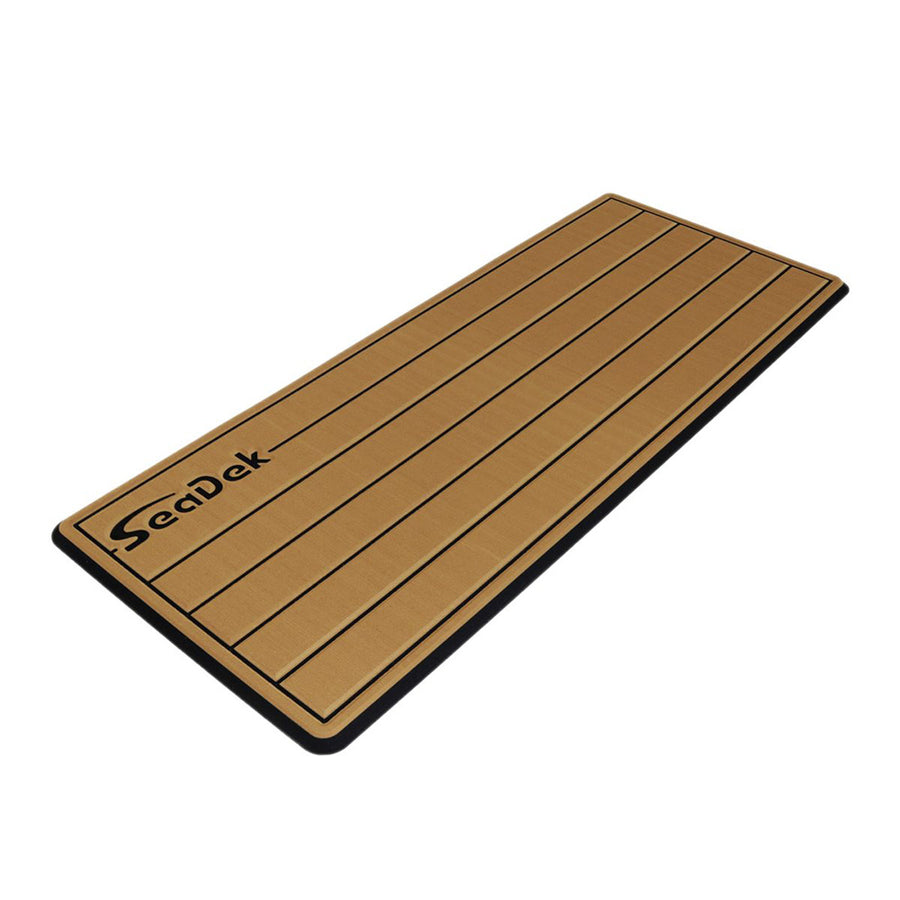
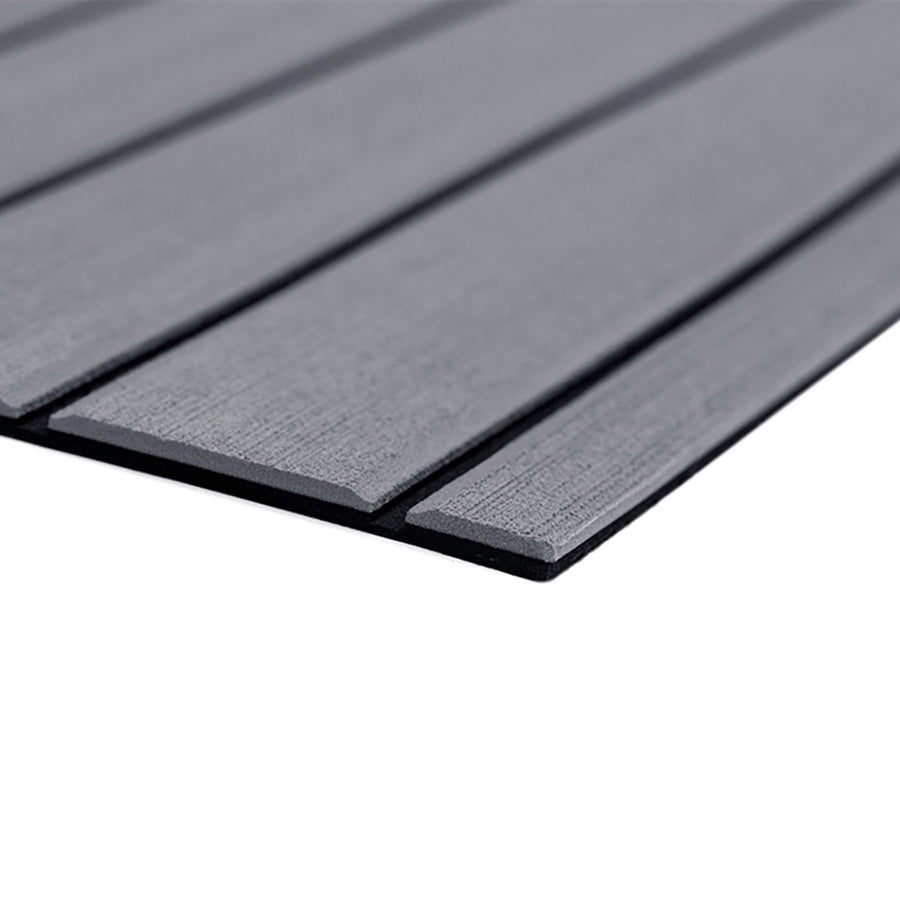
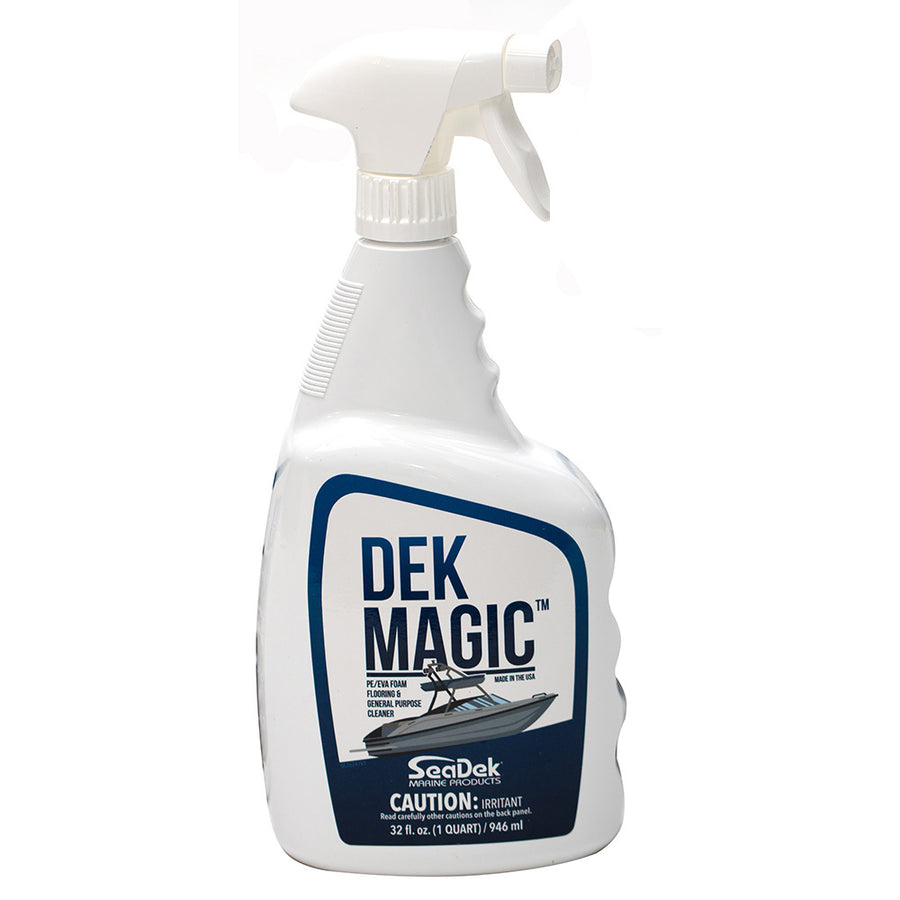


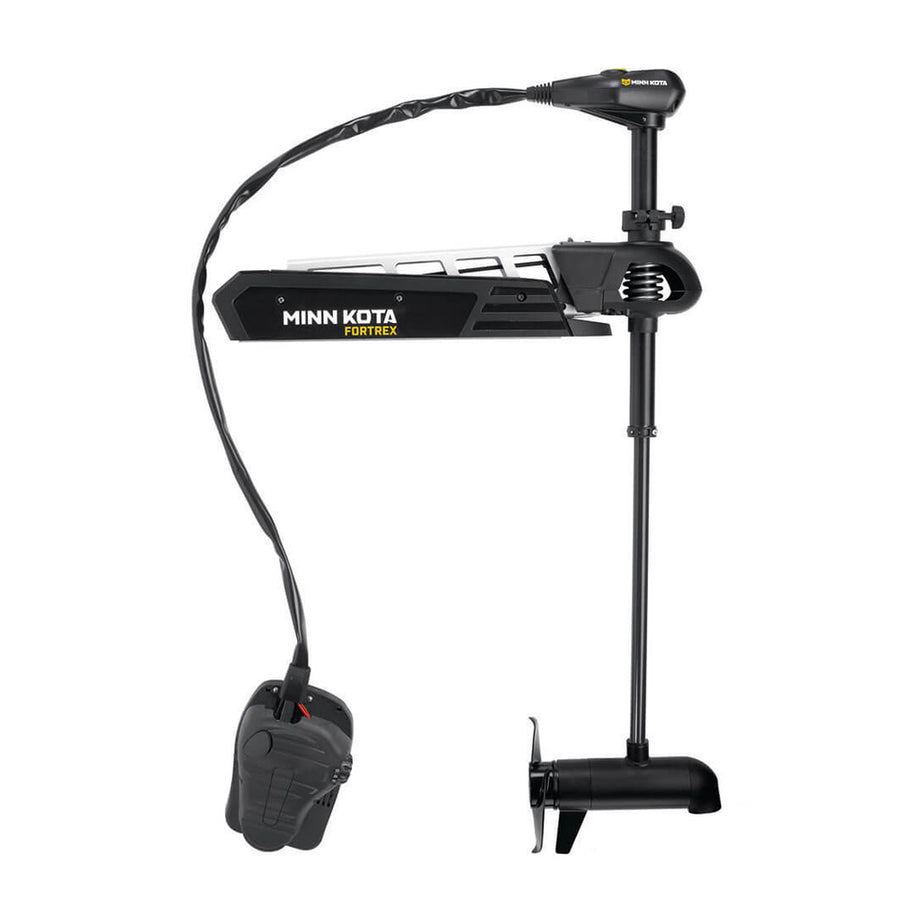
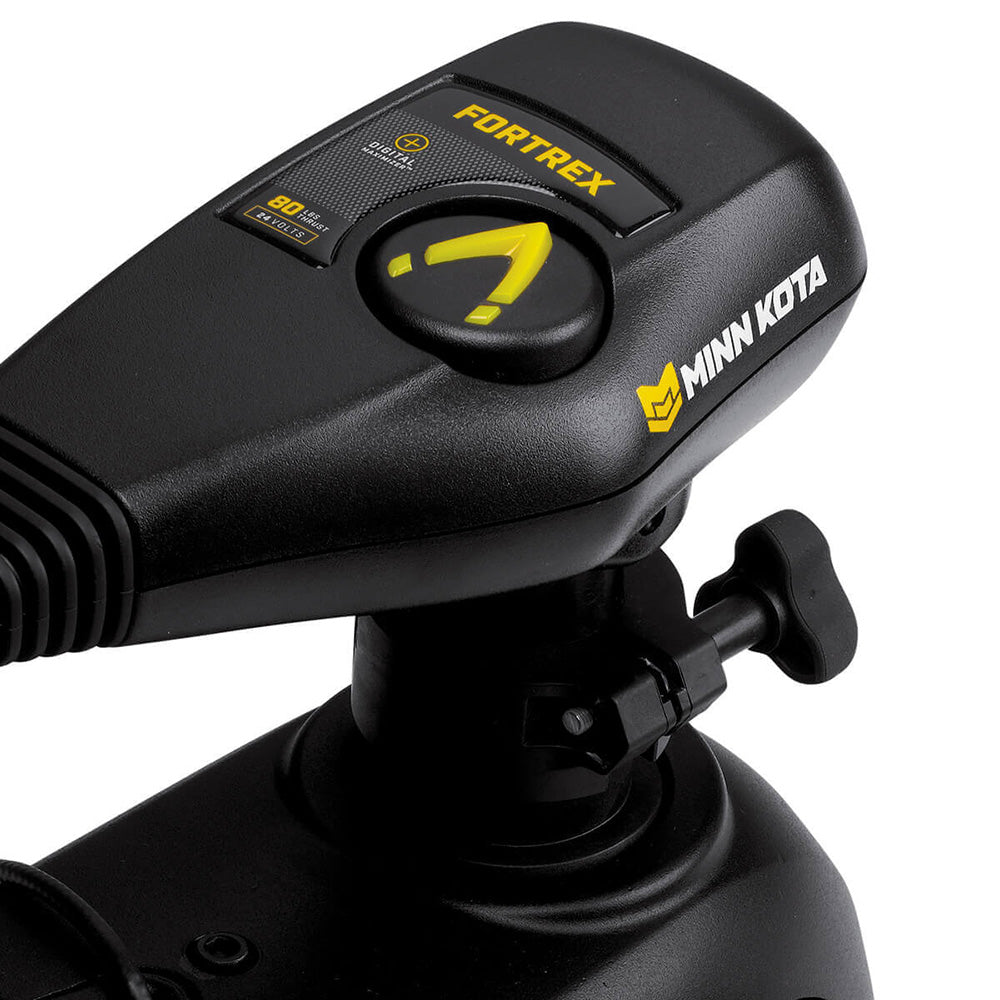





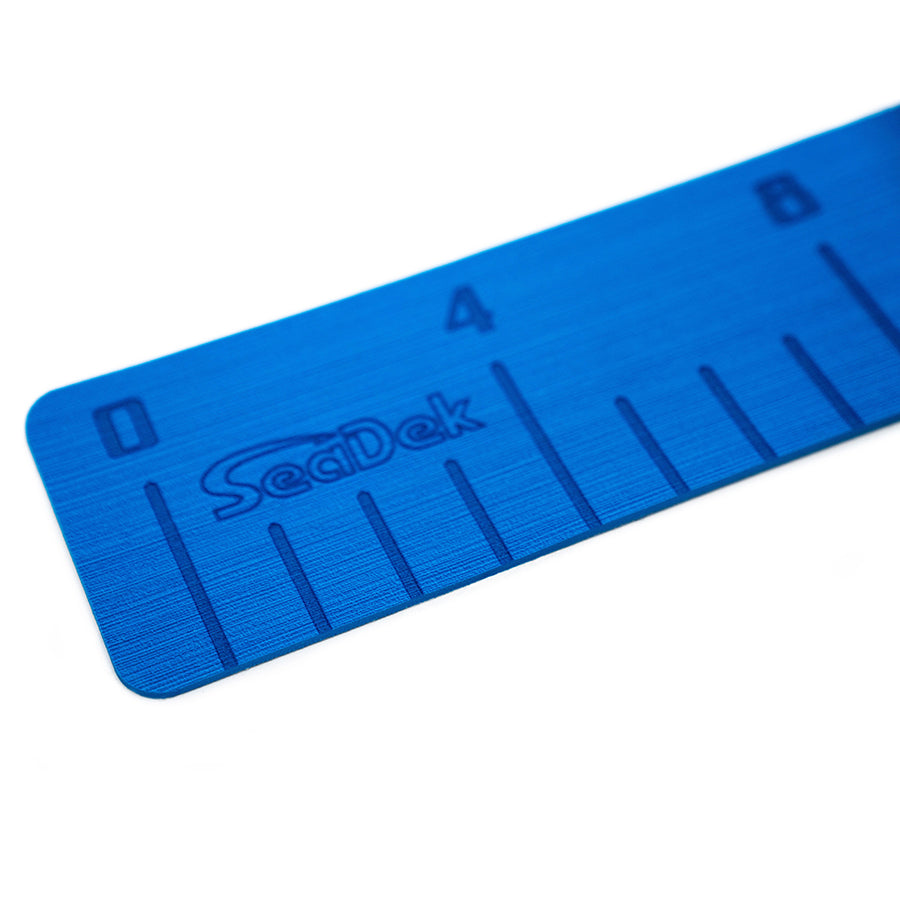
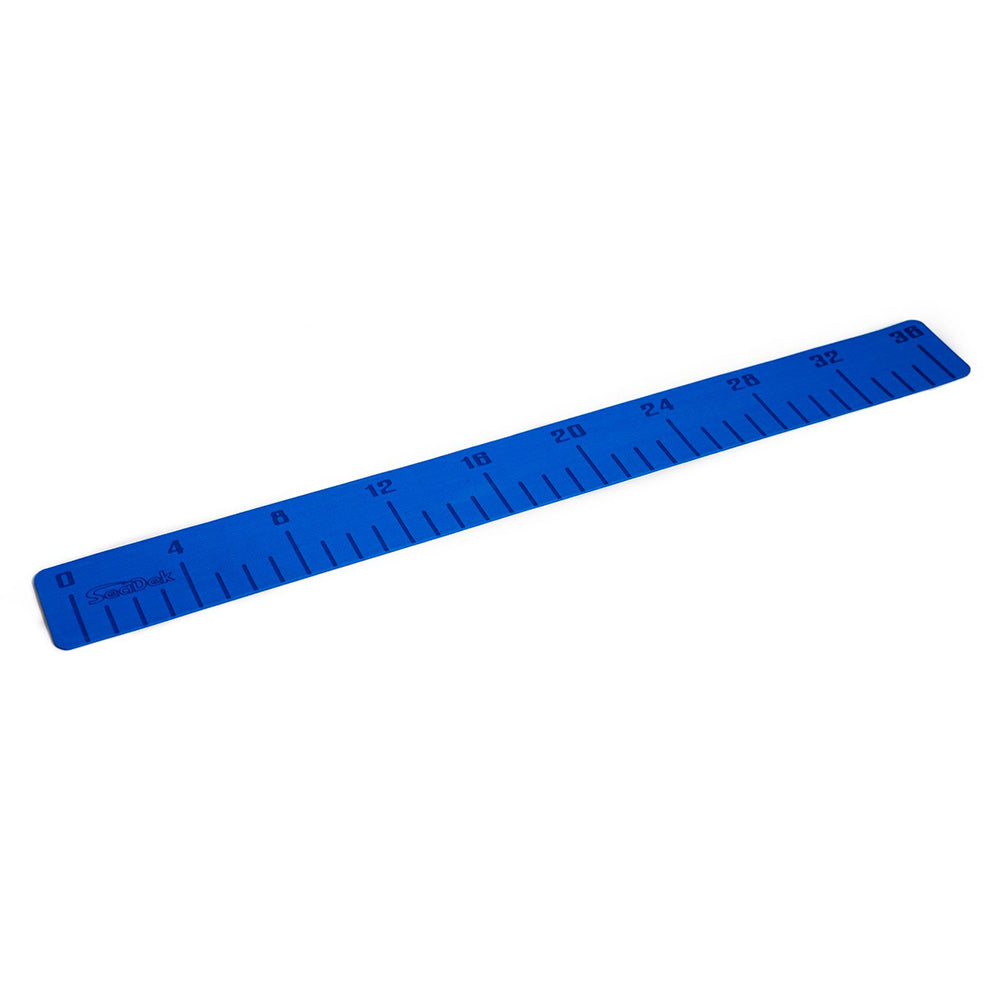



Leave a comment